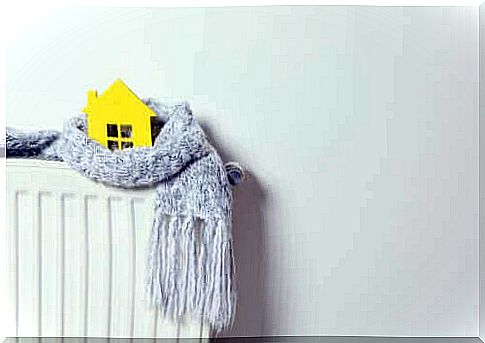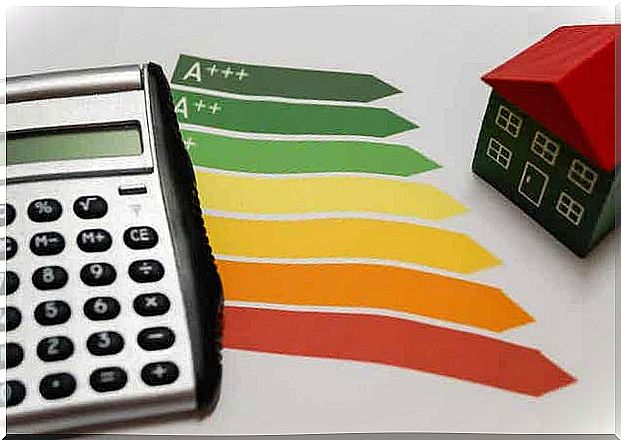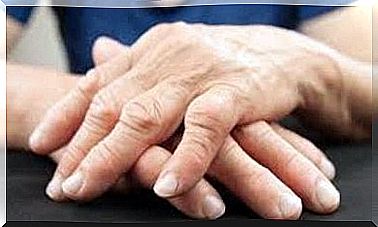How Can You Save On Your Heating Bill?

The heating is a system that is used to heat up a building. It is used during the winter when it is very cold. So if you live in an area with these characteristics, you may be wondering how you can save on this and keep your heating bill low during the winter period.
Heating is necessary and 67% of the total energy consumption in a home is used for heating and hot water. So, to lower your heating bills and help the environment, learn how to save on heating.
Should I turn off the heating when I’m not using it, or keep it at a constant temperature?
Turning off the heating system in some cases wastes more energy than leaving it on. If you turn it on and off, the whole process has to restart and that costs more energy with certain systems such as underfloor heating.
What we recommend is to leave it at a constant temperature and turn it down if you leave home for a few hours, for example when you go to work. You can also turn off the heating when you go to sleep, as you will then be nice and warm under the covers. A temperature between 15.5 and 18 degrees is sufficient to rest.
8 tips to save on your heating bill
You can learn to save on heating and avoid being put off by your electricity or gas bill. That’s why we give you 8 tips to stay warm during the winter without ruining your family budget. Don’t be afraid of winter and its costs any longer!
1. Make use of sunlight

In winter, the sun can come in handy to save money. Keep the blinds or curtains open during the day to allow the furniture and floors to absorb the sunlight. When the sun goes down, close the blinds or curtains to keep the heat in.
Besides that sunlight generates heat, it also provides light and so you avoid having to turn on the lamps, which also entails extra costs.
2. Use blinds and curtains to save on your heating bill
If you do not have thick glass in your windows, it is recommended to use curtains and blinds to keep your house warm. These act as a kind of blanket or barrier against the cold that can get through. Glass tends to cool down quickly, so it’s best to use this technique in the evening when it’s cold.
3. Install a thermal insulation system in your windows
Thermal insulation is defined as the ability to limit heat transfer when it should not exceed certain limits. In these cases it is therefore advisable to apply insulation. You can do this at home with certain materials such as bubble wrap.
- To use this plastic as insulation, cut a piece the size of the window.
- Using a water sprayer, apply a thin layer of water to the window and then place the bubble wrap, with the nubs or bubbles facing you.
- It sticks to the window because of the water.
4. Install a thermostat
A thermostat is a device that is connected to a heating or air conditioner and that you can use to regulate the temperature automatically. This way you maintain a constant temperature with only small variations.
Over time, programmable and digital thermostats have been invented so that the system can keep the temperature at different levels depending on the time of day.
5. Don’t put anything over your radiators
Do not place furniture or clothing on the heating system. This hinders the release of heat. As a result, the entire mechanism has to work harder to maintain the temperature and consumes more energy.
6. Keep your heating system in good condition
In addition to extending the life of the heating system, proper maintenance saves money as it increases performance. It reduces energy consumption by as much as 10% to 20%.
7. Don’t heat empty rooms to save on your heating bill
If possible, only heat the inhabited parts of the house. Why would you need heat in the rooms you don’t use? If you use less heat, you will lose less money and therefore save on your heating bill.
8. Buy a system that guarantees energy efficiency
The term energy efficiency refers to how much energy a device consumes. There is a rating to determine whether a device can perform all its functions with the lowest possible energy consumption:
- Highly efficient consumption: A+++, A++ and A+
- Moderate consumption: A and B
- Less efficient consumption: C and D

Save on your heating bill to save money and take care of the environment
It is advisable to look for a device that meets the highest demands of efficient consumption and that can help you keep your bill to a minimum. These devices are usually more expensive than devices that consume more, but in the long run you will save a large sum of money.
In addition, this is very beneficial for the environment. By heating more efficiently, less waste is released into the environment. If you have the opportunity to invest in a heating system that is efficient and reduces environmental impact, do it.
Finally, other ways to save on your heating bill are to use only hot water for the shower and take short showers. Also turn off the tap if you are not using water. Remember, this will not only cut costs in your wallet, but will also reduce your carbon footprint.









